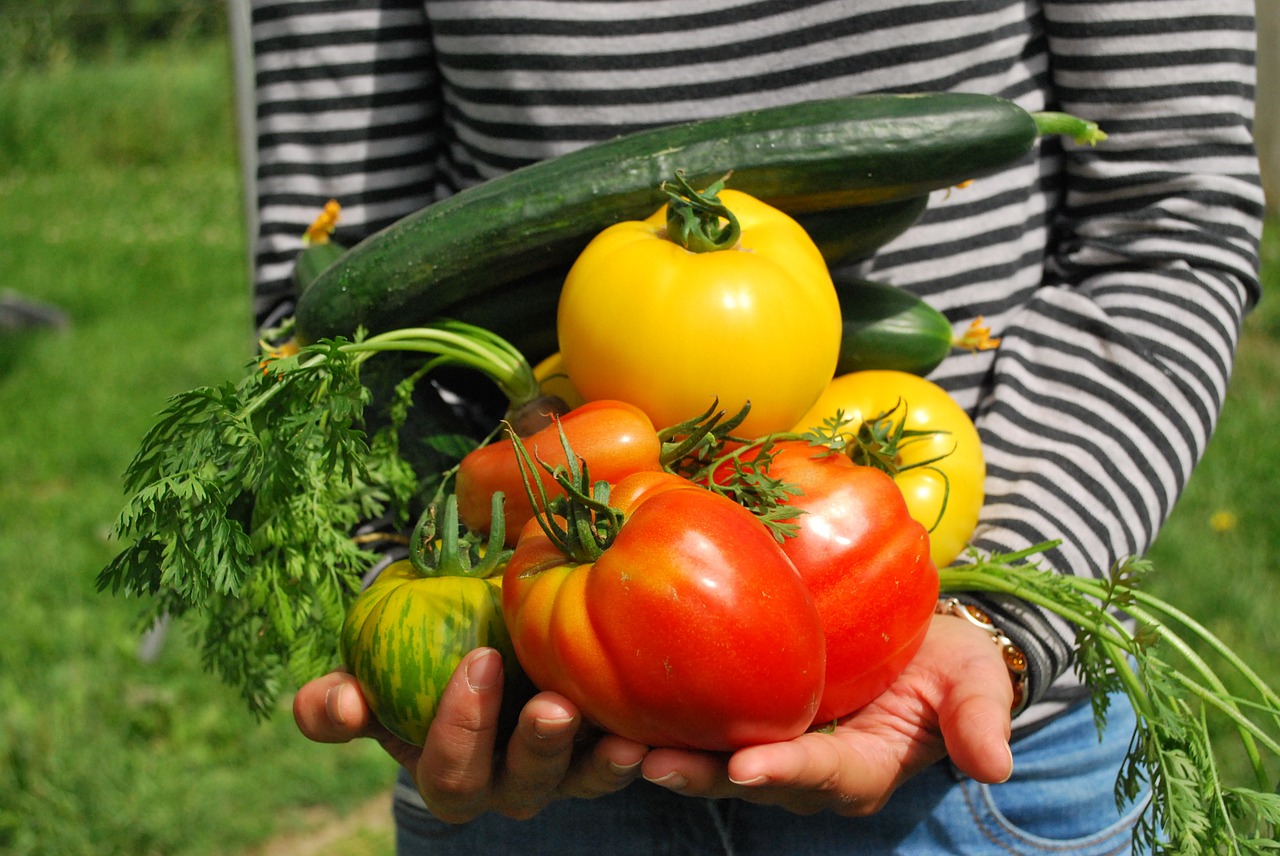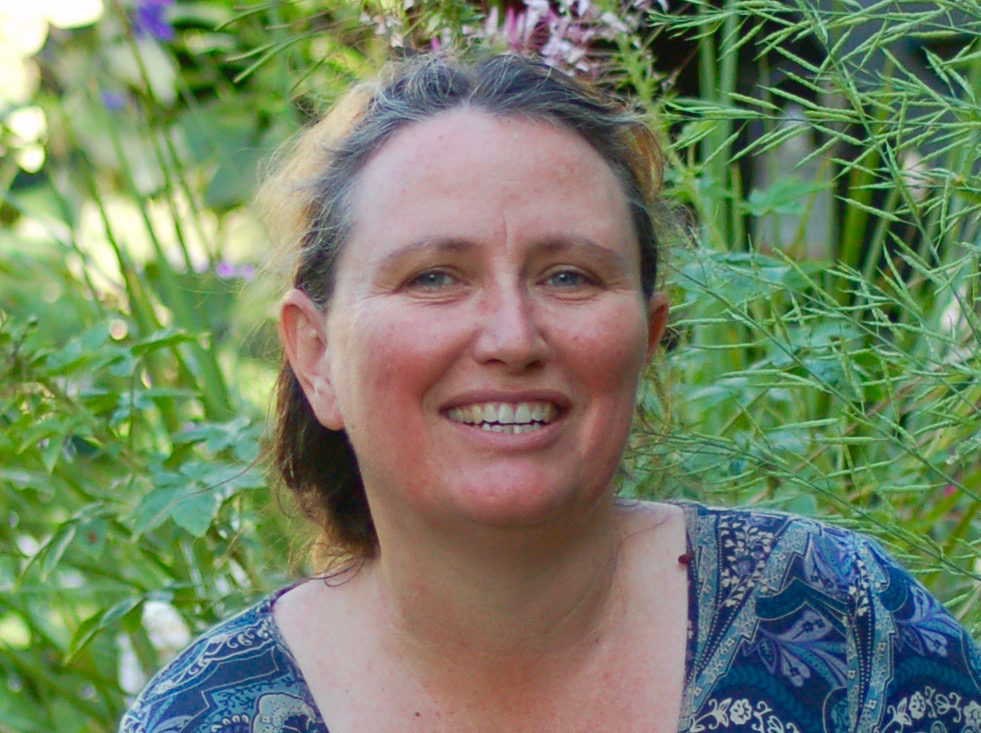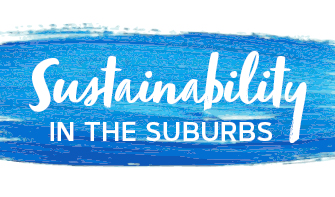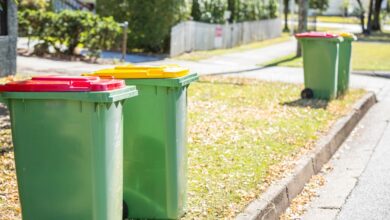So, you want to grow your own food at home, but don’t know where to start? As it turns out, it’s easier – and cheaper – than one would think.
With $100, a little bit of effort and a few tips from a professional, turning part of your yard into a veggie garden can be a simple afternoon job.
In the first instalment of Sustainability in the Suburbs, gardening professional Kate Wall shares her tips for a productive backyard patch in Ipswich conditions. Check it out below.
Join Kate Wall for a live webinar about building a resilient garden on Thursday, 27 August as part of Ipswich City Council’s EnviroForum webinar series.
Keen for more pro gardening tips?
It comes after Ipswich City Council last year asked the community how the region could be more sustainable, with one of the top responses being that people wanted to grow their own food but they didn’t know how or didn’t think they had enough space.
Check out Ms Wall’s top tips below.
- Pick the right spot
Somewhere with plenty of sun, and easy to access. Veggies need attention – if your garden is somewhere easy to see and visit, you are more likely to pay it regular attention. Mark out the area you want to plant in.
- Improve your soil
Veggies are big feeders, so you need good soil. Add compost and rock minerals, but beware using too much of nitrogen based products – they will make your plants grow too quickly and attract pests. Compost also helps soften the soil for little roots to grow in.
- BUY: A bag of compost and a bucket of rock minerals
- Select your plants
Choose plants that are right for the season, and Ipswich conditions – our summer can be too hot for some plants that would be considered ‘summer’ plants in southern states.
- BUY: A selection of seeds and seedlings
- Water it in
Give everything a good water with liquid seaweed fertiliser added. This is a tonic that helps reduce transplant shock and stimulates root growth in plants.
- BUY: A bottle of liquid seaweed fertiliser
- Mulch the soil
A thin scattering of mulch such as sugar cane is enough to stop the soil drying out but also lets water penetrate into the soil.
BUY: A bag of sugarcane mulch
Sustainability in the Suburbs is all about sharing stories, knowledge and ideas help us all live, eat and play the sustainable way.
By working together we can protect and enhance our environment and its liveability for current and future generations.
Keep an eye out for more videos featuring sustainability tips and tricks from Ipswich residents or share your own using #sustainableipswich
Find out more at Ipswich.qld.gov.au/sustainability




